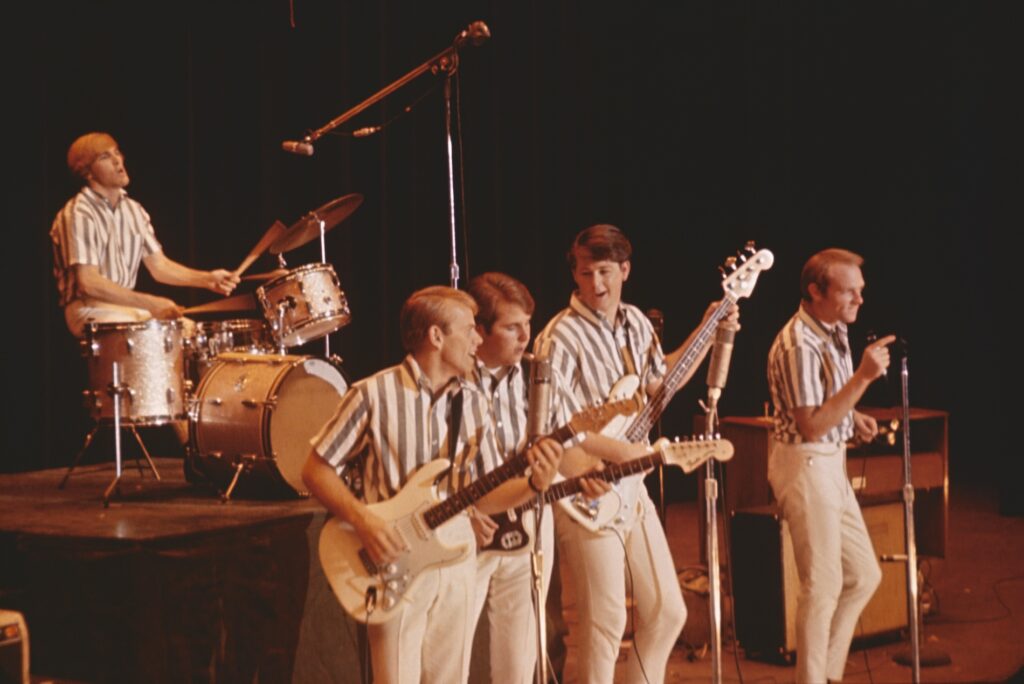
The Beach Boys perform onstage circa 1964 in California. (L-R) Dennis Wilson, Al Jardine, Carl Wilson, Brian Wilson, Mike Love. (Photo by Michael Ochs Archives/Getty Images; used with permission)
There have been several prior films about the Beach Boys, most understandably focused on the genius of chief songwriter and producer Brian Wilson. Th 2024 self-titled feature-length documentary, streaming on Disney +, is the first made with the full involvement of the surviving band members, and it manages the nearly impossible burden of satisfying both the deep fan and the newcomer.
The core of the group was from the same family: brothers Brian, Dennis and Carl Wilson and their cousin, Mike Love (the oldest member by a year). Friend Al Jardine filled out the classic quintet. The band’s origin story in Hawthorne, California, the chance introduction to surf music and the brief involvement of guitarist David Marks are covered quickly in the opening minutes.
Directors Frank Marshall and Thom Zimny include a few talking heads for cultural perspective: musician/producer Don Was recalls growing up in snowbound Detroit, entranced by the Californians’ sound; Ryan Tedder of OneRepublic (for the younger set); and Janelle Monáe among them. But rather than being obsequious, these observers also offer critical analysis.
The conundrum of Murry Wilson (father of the brothers) is acknowledged, first as a promoter of the band, responsible for much of the group’s early success, then his incursion into the creative process, which caused the 15-year-old Marks to leave. Murry would perilously inject himself into the band’s affairs for years thereafter, to the band’s increasing chagrin.
In time, Love took more control as frontman onstage, preferring that to the studio, which was Brian’s preferred bailiwick. But it was Murry who argued for five months with Capitol Records to allow Brian to take over production duties, and not at the label’s studios. The results would change the face of popular music.
Lindsey Buckingham is the point person for bringing the viewer’s focus to Brian’s musical prowess as a producer, which was inspired by Phil Spector’s magnificent arrangements for other artists. Brian realized that it was the studio musicians known as the Wrecking Crew with which Spector created his monolith of sound. Very quickly, with his newfound freedom in the studio, the Wrecking Crew became the palette with which Brian worked.
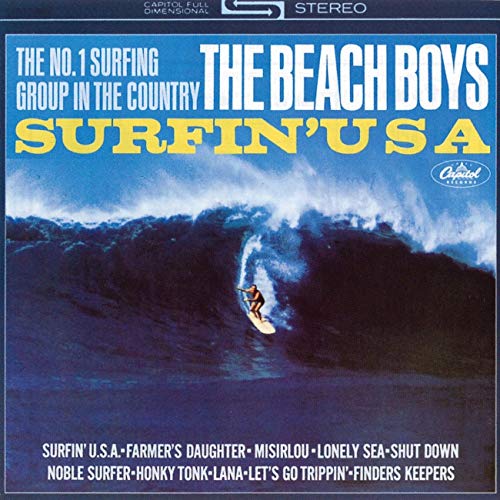 The Beach Boys were halfway around the world on tour in New Zealand when news broke that another band had taken over America, four hirsute lads from Liverpool. The development of the rivalry between the two bands developed and the songs of each band improved. Buckingham, no slouch in the producer’s chair, points out that the Beatles’ music evolved steadily, but with one album the Beach Boys took a great leap forward.
The Beach Boys were halfway around the world on tour in New Zealand when news broke that another band had taken over America, four hirsute lads from Liverpool. The development of the rivalry between the two bands developed and the songs of each band improved. Buckingham, no slouch in the producer’s chair, points out that the Beatles’ music evolved steadily, but with one album the Beach Boys took a great leap forward.
The road to Pet Sounds began in near-calamity. By 1964, Brian had become fed up with the rigors of the road, suffered a nervous breakdown in mid-flight and decided he would stay home to work on developing new songs. Glen Campbell, then a session musician with the Wrecking Crew, stepped into the spotlight, replacing Brian on bass and high harmonies. Only brother Carl would join the Wrecking Crew in the studio when the tour was over, which provided the younger brother a great tutorial when later Brian slid into isolation. Exposure to Rubber Soul opened Brian’s musical vision further, but it was difficult weaning the group from the proven success formula of surf, sun and girls.
Pet Sounds, the Beach Boys’ 1966 masterpiece, was finished when the band returned from Japan, but only with much consternation at the multiple takes required by Brian. He attained the nickname “Dog Ears” because no one could hear the mistakes in the endless takes Brian demanded.
Soon thereafter, Bruce Johnston, added to the group after Brian’s withdrawal from touring, was invited by Keith Moon (who allegedly always wanted to be in the Beach Boys) to introduce Pet Sounds in Britain, and ultimately to John Lennon and Paul McCartney. The duo’s reaction to Pet Sounds led to the Beatles creating Sergeant Pepper. That aside, Pet Sounds did not perform up to expectations commercially; it would take years before the album was recognized in America as the masterpiece it was, although Britain took the album to #1 in 1966 and voted the Beach Boys the number one band over the Beatles.
Brian responded to the apparent rejection of Pet Sounds with the instant classic “Good Vibrations,” but then settled into the infamous Smile project, which he eventually shelved. To the film’s credit it does not shy away from runaway drug use and brian’s estrangement from the group and, to some extent, the outside world in general, nor Dennis’ interconnection with Charles Manson (the Beach Boys released one of his songs as a B-side).
With interest in the group fading as “heavier” acts such as Jimi Hendrix and the Who emerged, the Beach Boys dropped out of headlining the Monterey Pop festival in 1967, a pivot point for the band as it was no longer attempting to lead, but rather looked backward in an effort to maintain what they had fomented in the early ’60s.At one point, it is claimed, they even considered dropping the word Boys from their name, becoming, simply, Beach. The idea was smartly nixed.
Although they continued to release some overlooked LPs in the late ’60s and early ’70s (Friends, Holland, Surf’s Up), the band remained rudderless for many years, until, unbeknownst to them in 1974, Capitol issued a two-disc best-of collection appropriately titled Endless Summer, which reintroduced their vintage sound to a whole new generation of record buyers. Stadium tours ensued and it was their old songs that saved them. In time the Beach Boys found themselves playing live to audiences numbering in the five-figure range and more.
The fact remains that the Beach Boys are one of the most successful bands of all time, shifting more than 100 million records across the globe, with 36 singles reaching the U.S. top 40. But because Murry sold the band’s publishing rights, perhaps the greatest mistake in music history, hundreds of millions of dollars were diverted away from the band and Murry’s grandchildren. Internecine lawsuits and the vibrations have certainly been mostly bad over the last several decades, most of which is ignored as the film leaves off in the mid-’70s; the number of legal clearances in the final credits is certainly indicative. It is never mentioned, for example, that Love has leased the name Beach Boys for decades and still performs, with Johnston as the only other early member involved, as the Beach Boys. Yet somehow, pulling this story persuasively together in less than two hours is a major accomplishment nonetheless.
Watch the film’s official trailer
The Beach Boys’ extensive recording library is available in the U.S. here and in the U.K. here. Their first official autobiography, The Beach Boys by The Beach Boys, is available to order in the U.S. here and the U.K. here.

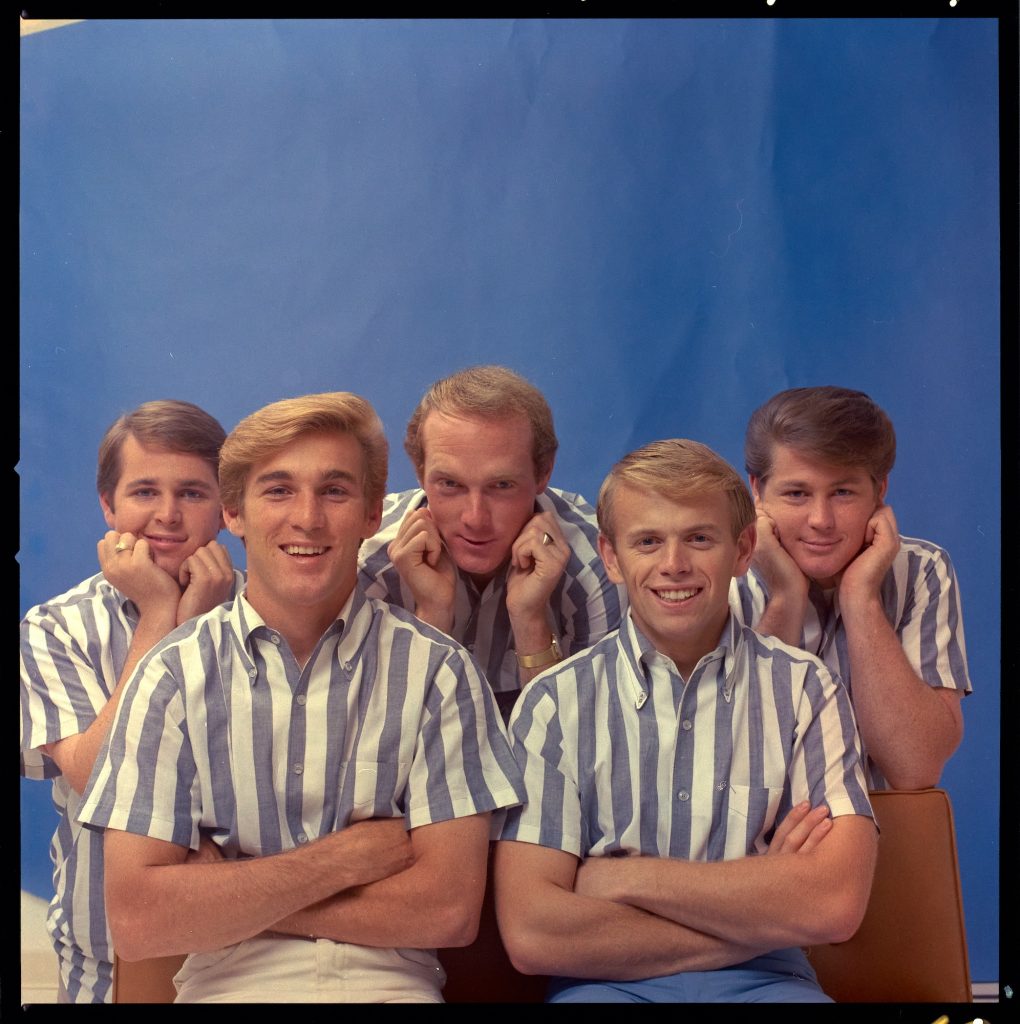
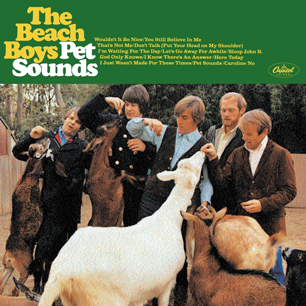
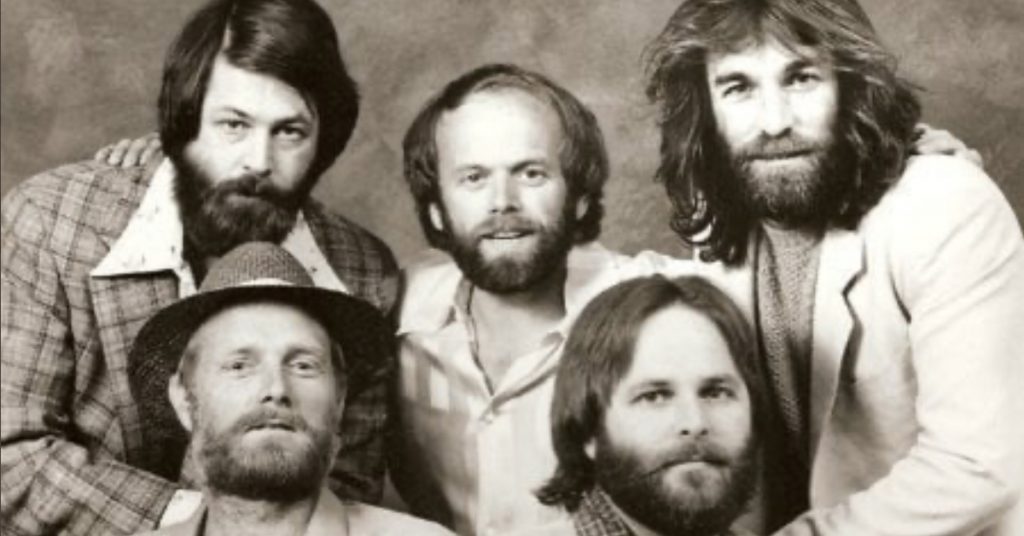

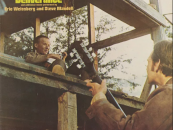
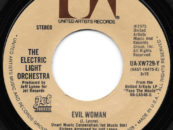
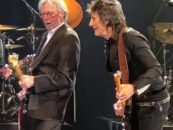

No Comments so far
Jump into a conversationNo Comments Yet!
You can be the one to start a conversation.